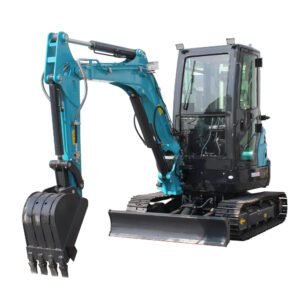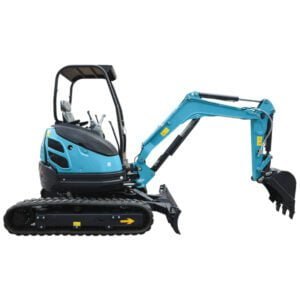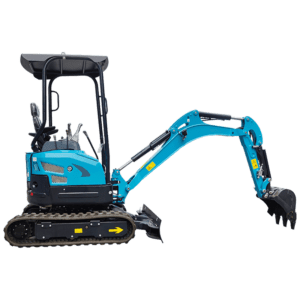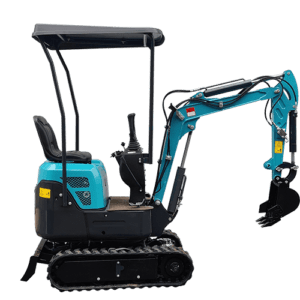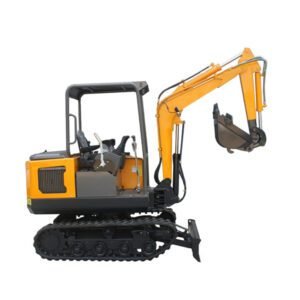Email: [email protected] Whatsapp: 8618266768780
How to Choose the Best Crawler Digger for Your Needs
Welcome to My Blog!
Before we dive into the content, I’d love for you to join me on my social media platforms where I share more insights, engage with the community, and post updates. Here’s how you can connect with me:
Facebook: https://www.facebook.com/profile.php?id=100072217509763
LinkedIn: https://www.linkedin.com/company/74949059/admin/dashboard/
YouTube:https://www.youtube.com/@tractormanufacturer-lc5qz
TikTok: https://www.tiktok.com/@tractormanufacturer
Now, let’s get started on our journey together. I hope you find the content here insightful, engaging, and valuable.
Introduction
Choosing the right crawler digger is essential for both professionals and enthusiasts in the construction and excavation industries. A crawler digger, known for its versatility and efficiency, can handle various tasks, from digging trenches to moving heavy materials. However, with numerous options available on the market, selecting the best crawler digger tailored to your specific needs can be overwhelming. This guide will help you understand critical factors and features to consider when making your decision.
Understanding Crawler Diggers
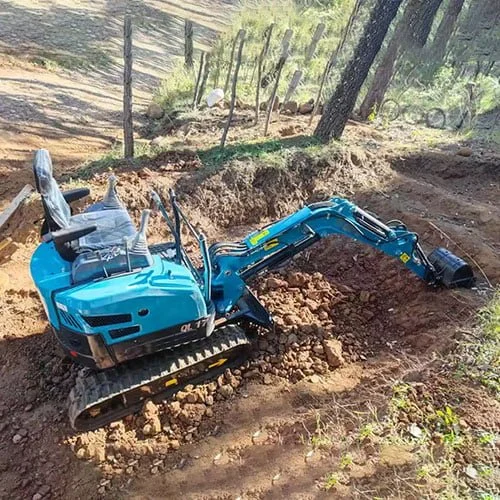
What is a Crawler Digger?
A crawler digger, often referred to as a tracked excavator, is a type of heavy machinery designed for digging and excavation tasks. Unlike wheeled diggers, crawler diggers feature tracks that provide better stability and traction on uneven terrains. This design makes them ideal for construction sites, landscaping, and messier environments.
Benefits of Using a Crawler Digger
Using a crawler digger comes with several benefits that enhance productivity and efficiency:
- Stability: The wide tracks distribute weight evenly, reducing the risk of tipping.
- Versatility: Crawler diggers can be equipped with various attachments, making them useful for different applications, from grading to demolition.
- Paving and Material Handling: They can efficiently handle heavy loads, paving the way for faster project completion.
- All-terrain Capability: Designed for rough terrains, crawler diggers can operate in soft ground where wheeled machines might struggle.
Key Factors to Consider When Choosing a Crawler Digger
Size and Weight Capacity
Assessing the size and weight capacity of a crawler digger is crucial. A smaller digger is more maneuverable and may be better suited for tight spaces, while larger models can handle heavier loads and larger projects. It’s essential to match the digger’s size with the scope of your work to avoid inefficiencies.
Engine Power and Performance
The engine’s power will determine the crawler digger’s performance. Look for models with engines that provide adequate horsepower for the tasks you plan to perform. High-powered engines may be essential for heavy-duty digging or moving substantial amounts of material.
Attachments and Customization
One of the key advantages of crawler diggers is their ability to accept various attachments. Depending on your needs, consider models that offer options for buckets, grapples, and hydraulic breaks. This versatility can significantly increase the machine’s functionality.
Fuel Efficiency
In today’s environmentally-conscious world, fuel efficiency is more important than ever. A crawler digger with a fuel-efficient engine will save you money on operation costs and reduce your carbon footprint. Investigate different models to find one that provides a good balance between power and fuel consumption.
Operating Comfort and Safety Features
Safety and comfort should not be overlooked when selecting a crawler digger. Look for models with ergonomic controls, ample visibility from the cab, and safety features such as seat belts and roll-over protection systems. A comfortable operator is a productive operator.
crawler digger vs. wheel digger
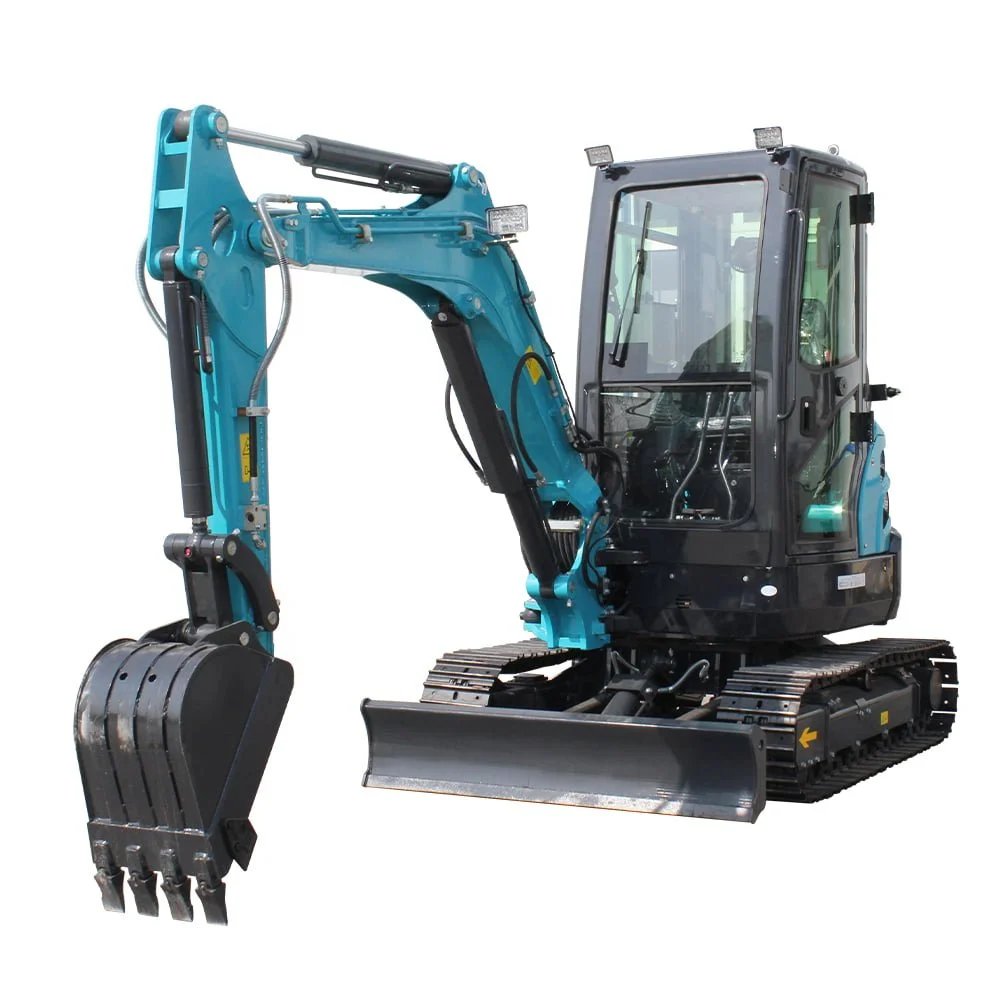
Here’s a table comparing a Crawler Digger and a Wheel Digger based on several key factors:
| Feature | Crawler Digger | Wheel Digger |
|---|---|---|
| Terrain Compatibility | Ideal for rough, uneven, and soft terrain | Best suited for paved roads and firm ground |
| Mobility | Slower movement but more stable | Faster movement but less stable on uneven terrain |
| Traction | Provides excellent traction on all surfaces | Limited traction on loose or muddy surfaces |
| Cost | Generally more expensive due to track system | Typically less expensive to maintain |
| Maintenance | Tracks require more frequent maintenance | Lower maintenance costs for wheels |
| Fuel Efficiency | Slightly higher fuel consumption | More fuel-efficient for long distances |
| Weight Distribution | Better weight distribution, reducing ground pressure | Higher ground pressure, more suited for solid ground |
| Versatility | Suitable for heavy-duty work and all-terrain use | Better for urban or highway construction |
| Maneuverability | Less maneuverable in tight spaces | More agile and maneuverable in confined areas |
| Durability | Durable in harsh environments | More prone to wear in off-road conditions |
Conclusion
Selecting the best crawler digger is a decision that can significantly impact the efficiency and success of your projects. By evaluating factors such as size, engine power, attachments, fuel efficiency, and operator comfort, you can make an informed choice. Take time to assess your specific needs, compare different models, and choose a crawler digger that will enhance your productivity and deliver results.
FAQ
What factors should I consider when choosing a crawler digger?
Consider the terrain, digging depth, operating weight, engine power, and attachments required for your specific project.
What size of crawler digger is best for my project?
The size depends on the type of work; smaller models are ideal for residential or light construction, while larger models handle heavy-duty tasks.
How important is digging depth when choosing a crawler digger?
Digging depth is critical, as it determines whether the machine can meet the excavation requirements of your project.
What type of terrain is a crawler excavator best suited for?
Crawler diggers excel on rough, uneven, or soft terrain due to their tracks, which provide excellent traction.
How do I determine the power requirements of a crawler excavator?
The power requirements depend on the size of your project; heavy-duty tasks may require more engine power for effective operation.
What attachments should I look for in a crawler excavator?
Common attachments include buckets, hydraulic breakers, and grapples. Choose attachments based on the specific tasks you need the excavator to perform.
Is fuel efficiency an important factor when choosing a crawler excavator?
Yes, fuel efficiency can significantly impact operational costs, especially for long-term projects or frequent use.
What maintenance factors should I consider for a crawler excavator?
Maintenance includes track inspection, hydraulic system checks, and regular engine servicing. Opt for a excavator with easily accessible parts for maintenance.
How does the operating weight of a crawler excavator affect its performance?
The operating weight impacts stability and digging power. Heavier machines are more stable on challenging terrain but may be harder to transport.
Should I buy or rent a crawler excavator for my project?
Buying is ideal for long-term or frequent use, while renting is more cost-effective for short-term projects or occasional use.
About Us
Shandong Qilu Industrial Co., Ltd. is a professional manufacturer and exporter integrating the development and production of excavators, loaders and tractors. We provide the best service, absolutely.
Recent Posts
Video demo
-1.png)
Contact Us Today!
Any question, quote or inquiry? Click the button to send message.
Qilu Industrial will always here to help.

